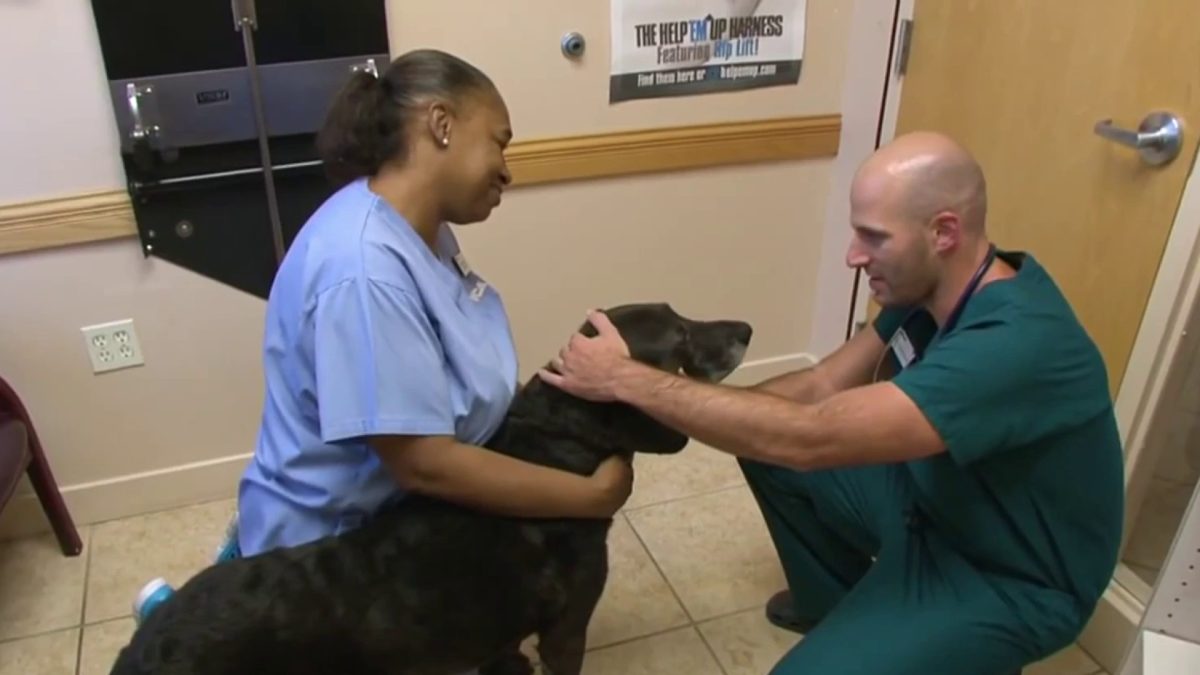A local man said he felt the need to come forward about his own terrifying traffic stop after the release of the videos last month showing the brutal beating of Tyre Nichols at the hands of Memphis police.
More than five years since Tayvon Eubanks’ incident, he’s still affected by what happened to him.
"It's always there,” he said. “It doesn't go away. There may be things to help you deal with it, but it's there's no end. There's no end into it."
The D.C. National Guard member said in 2017 he got lost leaving a friend's house when he was stopped by what turned out to be an unmarked police vehicle in Seat Pleasant, Maryland.
We're making it easier for you to find stories that matter with our new newsletter — The 4Front. Sign up here and get news that is important for you to your inbox.
"I was scared,” he said. “I was nervous. I was just hoping that everything was going to be all right.”
Court records obtained by News4 said he was speeding and had expired temporary tags.
"Thing that was going through my head was just comply. Be respectful, like you are," Eubanks said.
Local
Washington, D.C., Maryland and Virginia local news, events and information
But immediately, things escalated.
"When they came up to the doors and they were yelling and giving me different commands and I saw the weapon, my heart just dropped,” Eubanks said. “I didn't know what to do."
According to the records, the officers said Eubanks "was not compliant" and "took an aggressive fighting stance" when he got out of the vehicle. Body worn camera video obtained by News4 showed something different that night, images that look eerily the same as the encounter Memphis police had with Tyre Nichols.
"I just feel as though it's time to speak up,” Eubanks said. “You know, what happened to Mr. Nichols wasn't, wasn't right, and I, I can't sit, I can't sit and see these things going on and know how the situation has affected me and how it's still affecting me."
The similarities between Eubanks and Nichols are uncanny. Both young, thin Black men who skateboard. Both were pulled over by Black police officers. And both were tasered after the traffic stop.
Both also ran at one point.
"If I don't run, I'm going to die. I'm going to die here tonight,” Eubanks said. “I'm not going to see my mother. I'm not going to see my family. I'm about to die."
But unlike Nichols, he did survive. Eubanks successfully sued the Seat Pleasant police department winning a large settlement after a jury found one of its officers responsible for excessive force and violating his civil rights. But even though time has passed, his life is still changed.
“My anxiety levels are crazy,” he said. “Now, when I'm going in to work or even just out and about on my daily, I feel very uncomfortable, I feel uneasy. I don't feel as confident as I as I used to be.”
Psychologist and Howard University Professor Dr. GiShawn Mance-Early has not treated Eubanks but told the I-Team she's not surprised to hear how the event affected him.
"Clearly, it was very traumatic for him and it was life threatening and it resulted in PTSD to the extent that how he functions, how he engages in the world was reordered,” said Mance-Early. “And I'm specifically stating reorder versus disorder, because when we think about traumatic experiences, it really does reorder our brain and how we respond to what we perceive as threats.”
She said reordering is not only true for victims, but for those who witness the brutalization on social media or TV screens.
“There is secondary traumatization,” explained Mance-Early.
The responses will depend on one's own experience.
"The more we see it, the less heightened some will become, but those who have to live that experience and the possibility of living that experience, there is no desensitization,” Mance-Early said. “If anything, it's more of a heightened response."
Eubanks hasn't been able to bring himself to watch all of the Nichols videos.
“Whenever I come across even a bit of the audio or just a small snippet on my phone or on the TV, I have to turn away because it's like it is,” he said. “This feeling inside of me is like I'm right back there and it hurts. It hurts a lot."
There are still parts of his own story he couldn’t bring himself to share with the I-Team. He said he wonders, when stories like his own or that of Nichols will stop happening and if they ever would have been told had there not been those videos.
"I wouldn't have seen the day of light, you know,” Eubanks said. “There wouldn't have been no evidence of what happened to me. It would have been hearsay and my one word versus theirs."
Eubanks faced numerous charges after his traffic stop, including resisting arrest and assaulting an officer, but they were eventually dismissed and expunged.
The officer involved in his case had a history of excessive force complaints and is no longer with the department.
The new police chief in Seat Pleasant told the I-Team his department has implemented dozens of new policies, including training for de-escalation and anti-bias policing.
Reported by Tracee Wilkins, produced by Rick Yarborough, shot by Jeff Piper and Steve Jones, and edited by Jeff Piper.



